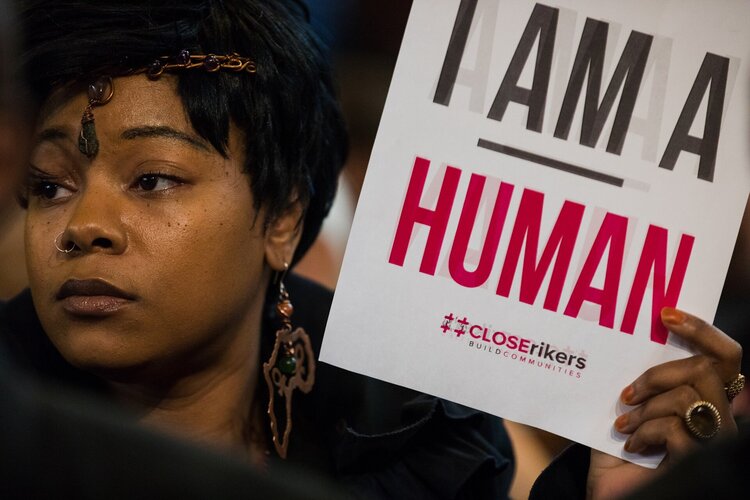Coronavirus threatens Rikers detainees, advocates warn

The steady spread of coronavirus in confined spaces, like cruise ships and nursing homes, has prompted advocates for the incarcerated to question how New York City plans to prevent and treat the illness inside another isolating facility — its jails.
The Department of Correction says the agency has already begun preparing staff to identify symptoms and act on suspected cases of the illness, but advocates say the effort demands a greater emphasis on detainee health.
“They’re already quarantined and that will spread like wildfire,” said Akeem Browder, an advocate for the rights of the incarcerated who was detained on Rikers Island. Browder founded the Kalief Browder Foundation in honor of his brother who committed suicide following a three-year stint on Rikers.
